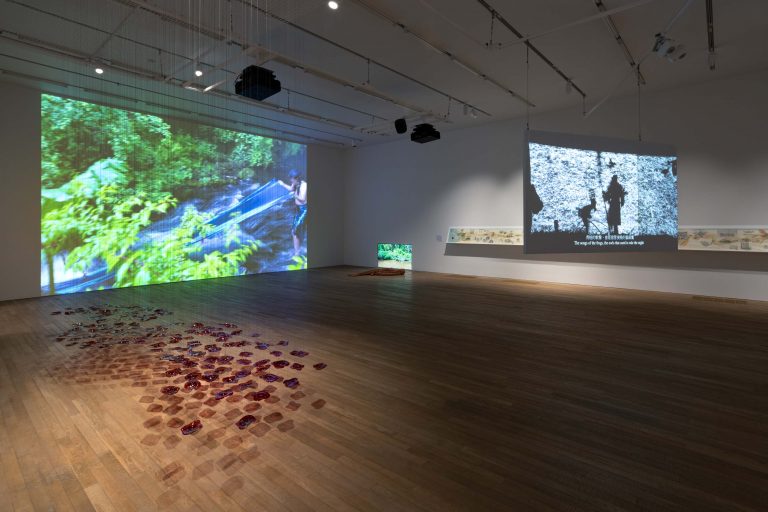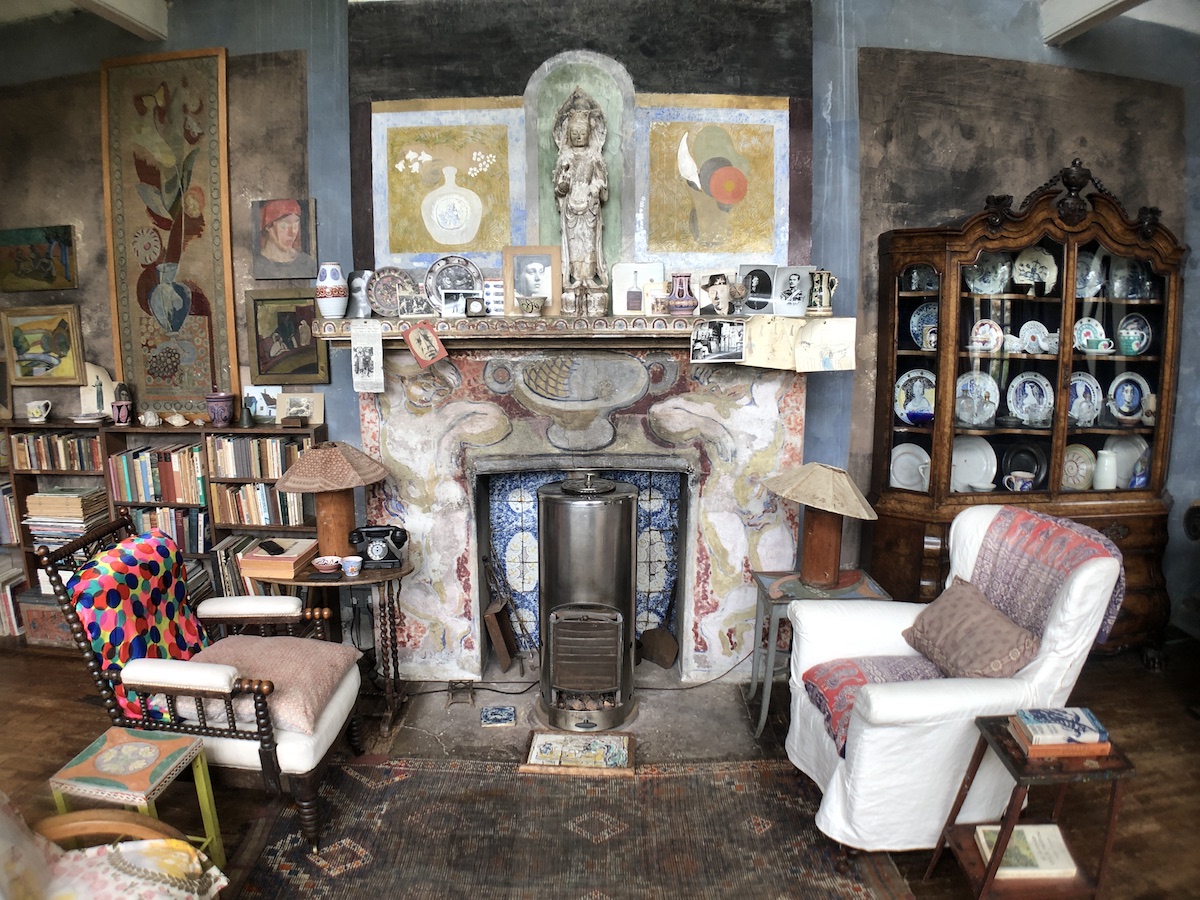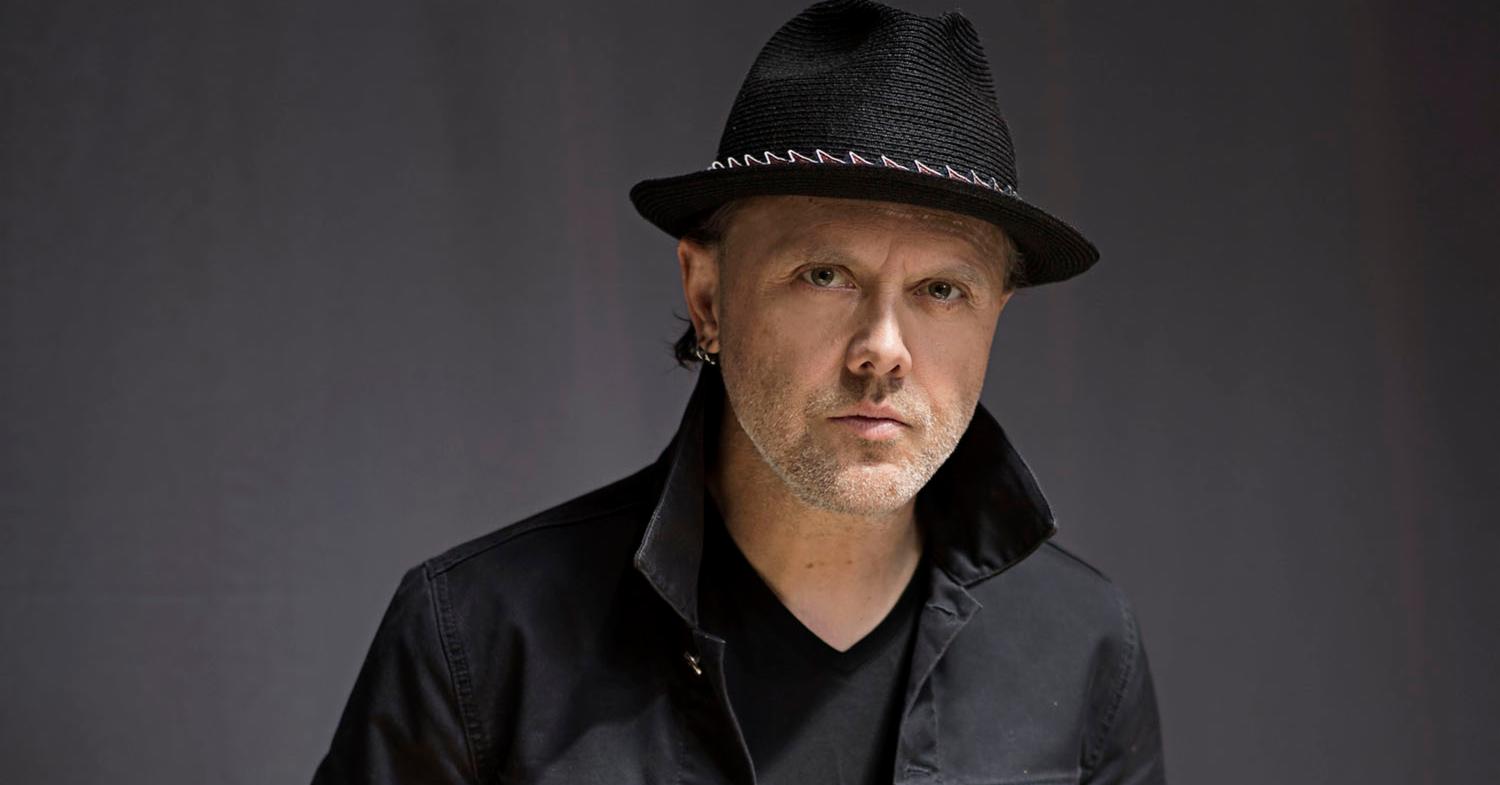2045–The Death of Ray Kurzweil ("The Unmanned" series)
2014 - Film & Video (Film & Video)
26 min
Fabien Giraud & Raphael Siboni
The Unmanned, is composed of several 26min episodes, it is a fictional documentary about the history of humanity faced with technology acceleration. Each episode dramatizes a “singular” encounter between man and machine. Each episode is filmed with a different camera (a preprogrammed machine or a drone). The title The Unmanned – in French, ‘an uninhabited machine’ highlights perfectly the subject and the method used by the artists. The series uses as a starting point Ray Kurzweil (RK), a researcher described as the “the pioneer of Silicon Valley”. Kurzweil popularized the theory of singularity, as a point of “discontinuity” or inevitable rupture where a machine auto-generates itself to overtake man. Fabien Giraud and Raphael Siboni’s series starts with Ray Kurzweil’s death and the beginning of the machine reign. For Ray Kurzweil and many other positivist researchers, the theory of singularity goes along with an important financial and political project. Considerable investments (particularly from Google where RK heads of a laboratory) apply especially to genetics and biotechnology. Kurzweil’s real project lies behind the theory of singularity: immortality through technological rebirth. This research aims at slowing down the process of aging and bringing our parents back to life. Episode 1 is an image of the world in 2045, as seen by Kurzweil. He would then be 97 years old and spend his time with a young child improving his education. This portrait is the accomplishment of Ray Kurzweil’s reasoning project, the moment when he would have brought back his father (Friedrich Kurzweil). Therefore the series starts from the end, 2045, the moment where Ray Kurzweil can finally die because he is replaced by his son who is actually his father. The episode was filmed by a drone in a tropical forest of Mexico.
The collaborative work of Fabien Giraud and Raphael Siboni is part of a reflection on the history of cinema, science, and technology. For them, cinema is a technological invention which fundamentally transforms our relationship to the world. Giraud and Siboni are fascinated by technological acceleration. So much so that they imagine the possibility of a cinema without a human figure; one which does not subject bodies to the frame, nor bend gestures to duration. Each of their films bring radically different temporalities that are foreign to our present. They choose to film in hidden places, like the particle accelerator under the Louvre museum in La Mesure Louvre (2011), or abandoned places like the Greek temple in Bassae-Bassae (2012) where human absence is hollowly felt. Giraud and Siboni are also inspired by popular culture, micro-histories and major political conspiracies.
Colors:
Related works sharing similar palette

© » KADIST
Victor & Sergiy Kochetov
1992Ukraine-Russia / Volleyball by Viktor and Sergiy Kochetov features a concrete monument of women volleyball players before the railway station in the village of Vodyanoye, Kharkiv region...

© » KADIST
Curtis Talwst Santiago
2017Curtis Talwst Santiago has been creating intimate and performative environments within these small spaces for several years; the artist used to carry them around to show visitors one on one, opening up a scene in the space of his hand...

© » HYPERALLERGIC
10 Art Books to Add to Your Shelf This December Skip to content Kareem Khubchandani's Decolonize Drag , Sonya Clark's newest catalogue, and more books we're reading this December (photo Lakshmi Rivera Amin/ Hyperallergic ) If you’re shamefully counting the titles you didn’t get around to reading this year, know that you are not alone...
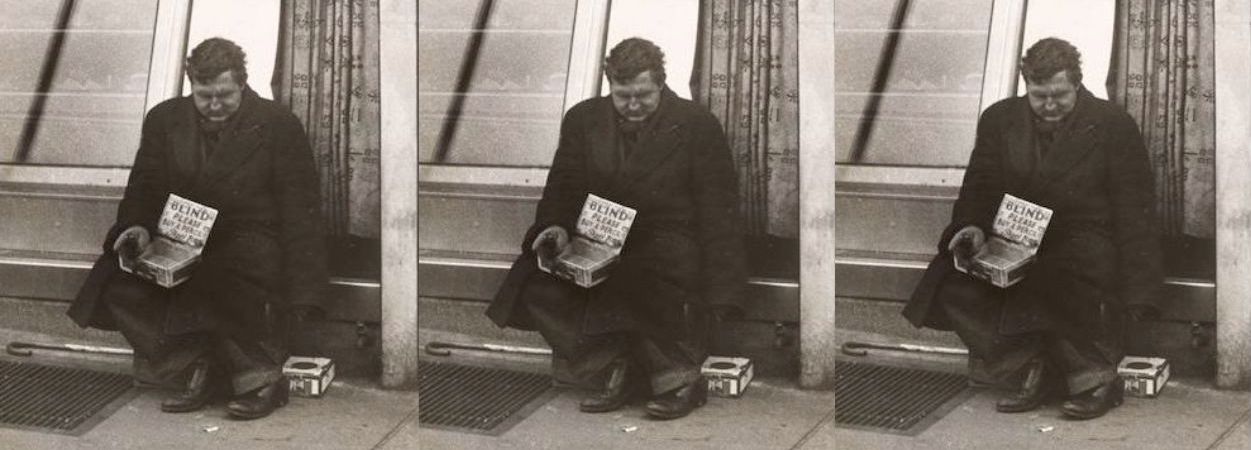
© » LITHUB
How Alien We Seem: On Being Blind and Obsessed with Photography ‹ Literary Hub Craft and Criticism Fiction and Poetry News and Culture Lit Hub Radio Reading Lists Book Marks CrimeReads About Log In Literary Hub Craft and Criticism Literary Criticism Craft and Advice In Conversation On Translation Fiction and Poetry Short Story From the Novel Poem News and Culture History Science Politics Biography Memoir Food Technology Bookstores and Libraries Film and TV Travel Music Art and Photography The Hub Style Design Sports Freeman’s The Virtual Book Channel Lit Hub Radio Behind the Mic Beyond the Page The Cosmic Library The Critic and Her Publics Emergence Magazine Fiction/Non/Fiction First Draft: A Dialogue on Writing Future Fables The History of Literature I’m a Writer But Just the Right Book Keen On The Literary Life with Mitchell Kaplan New Books Network Read Smart Talk Easy Tor Presents: Voyage Into Genre Windham-Campbell Prizes Podcast Write-minded Reading Lists The Best of the Decade Book Marks Best Reviewed Books BookMarks Daily Giveaway CrimeReads True Crime The Daily Thrill CrimeReads Daily Giveaway Log In How Alien We Seem: On Being Blind and Obsessed with Photography M...

© » KADIST
Sharon Lockhart
2008Lockhart’s film Lunch Break investigates the present state of American labor, through a close look at the everyday life of the workers at the Bath Iron Works shipyard—a private sector of the U...

© » KADIST
Subas Tamang
2018Study of History III by Subas Tamang is an etching and aquatint print based on photographs taken by German photographer Volkmar Wentzel in 1949...

© » KADIST
Gisela McDaniel
2020Got Your Back by Gisela McDaniel depicts two women of color from different ethnic backgrounds who share similar violent experiences...
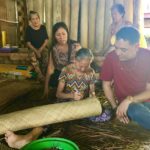
© » ARTS EQUATOR
Pandemic in the Philippines: A cultural sector on its own | ArtsEquator Thinking and Talking about Arts and Culture in Southeast Asia Articles August 17, 2020 By Katrina Stuart Santiago (2,200 words, 8-minute read) When I was first asked to write about “cultural leadership” in the Philippines, I turned up a blank...
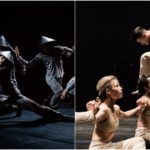
© » ARTS EQUATOR
Flowing Reflections: “EARTH” at the M1 CONTACT Contemporary Dance Festival 2018 | ArtsEquator Thinking and Talking about Arts and Culture in Southeast Asia Articles Bernie Ng Left: "EARTH", by Rudi Cole and Júlia Robert Parés, HumanHood (UK); Right: "Filled with sadness, the old body attacks" by Kim Jae Duk June 25, 2018 By Jocelyn Chng (960 words, 6-minute read) EARTH opens the 2018 edition of the M1 CONTACT Contemporary Dance Festival, the annual festival organised by T...
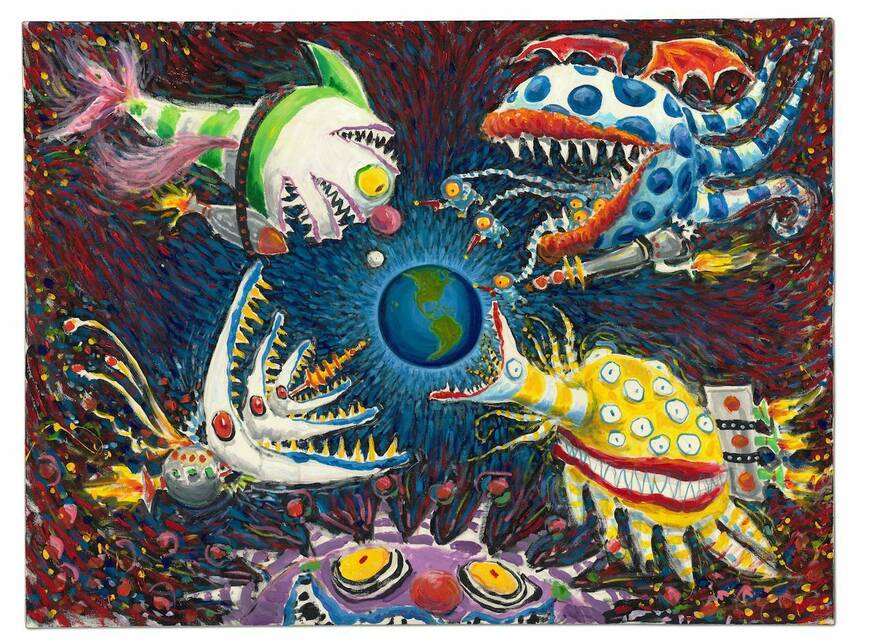
© » LONDONIST
A Tim Burton Exhibition Is Coming To The Design Museum | Londonist A Tim Burton Exhibition Is Coming To The Design Museum In 2024 By Hannah Newlon-Trujillo Hannah Newlon-Trujillo A Tim Burton Exhibition Is Coming To The Design Museum In 2024 See artworks, storyboards and costume designs by Tim Burton...



